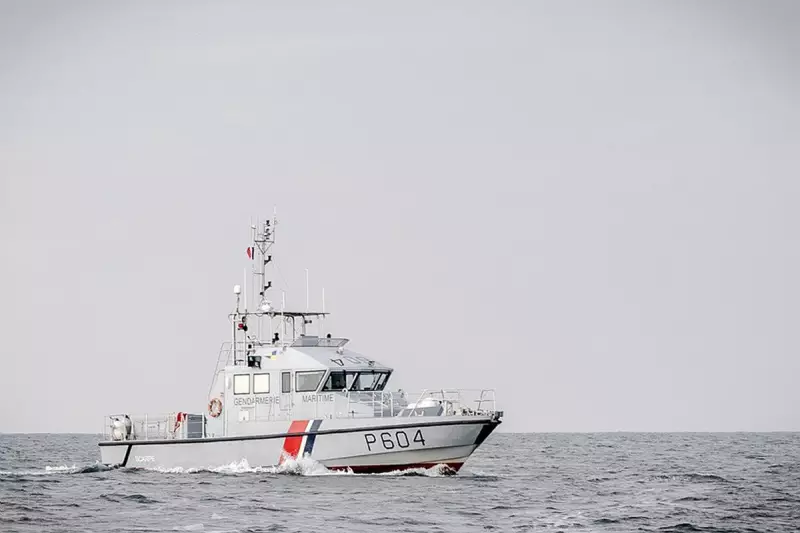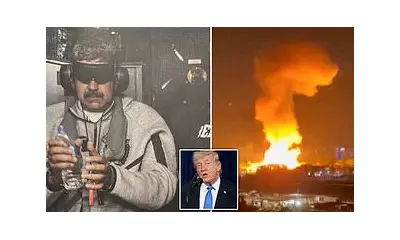
France has taken a firm stance against Russia's growing maritime provocations, with President Emmanuel Macron vowing that French forces will not be intimidated by Moscow's so-called 'shadow fleet' of intelligence-gathering vessels.
The confrontation comes as multiple Russian surveillance ships have been detected operating suspiciously close to European territorial waters, particularly in the sensitive Black Sea region where tensions remain high following Russia's invasion of Ukraine.
Maritime Chess Game Intensifies
According to defence sources, Russia has deployed a sophisticated network of intelligence vessels masquerading as civilian ships. These ships, equipped with advanced surveillance technology, have been systematically mapping underwater infrastructure including communication cables and energy pipelines.
'This is not just about military intelligence,' explained a European security official. 'They're gathering data that could be crucial in any future conflict, potentially enabling them to disrupt European communications and energy supplies.'
France's Strategic Response
President Macron has authorised increased naval patrols and enhanced monitoring operations in response to the threat. French warships and aircraft are now conducting regular surveillance missions to track and deter Russian vessels approaching too close to critical infrastructure.
The French leader emphasised that while Paris seeks to avoid direct confrontation, it will not hesitate to protect its national interests and those of its European partners.
Broader Security Implications
Security analysts warn that Russia's shadow fleet operations represent a new front in hybrid warfare tactics. By using civilian-disguised vessels, Moscow creates plausible deniability while gathering intelligence that could be used for both military and economic coercion.
European nations are now coordinating their responses, with several countries increasing their naval presence in the Baltic and Black Seas. The situation highlights the continuing security challenges facing Europe nearly two years into Russia's war in Ukraine.





